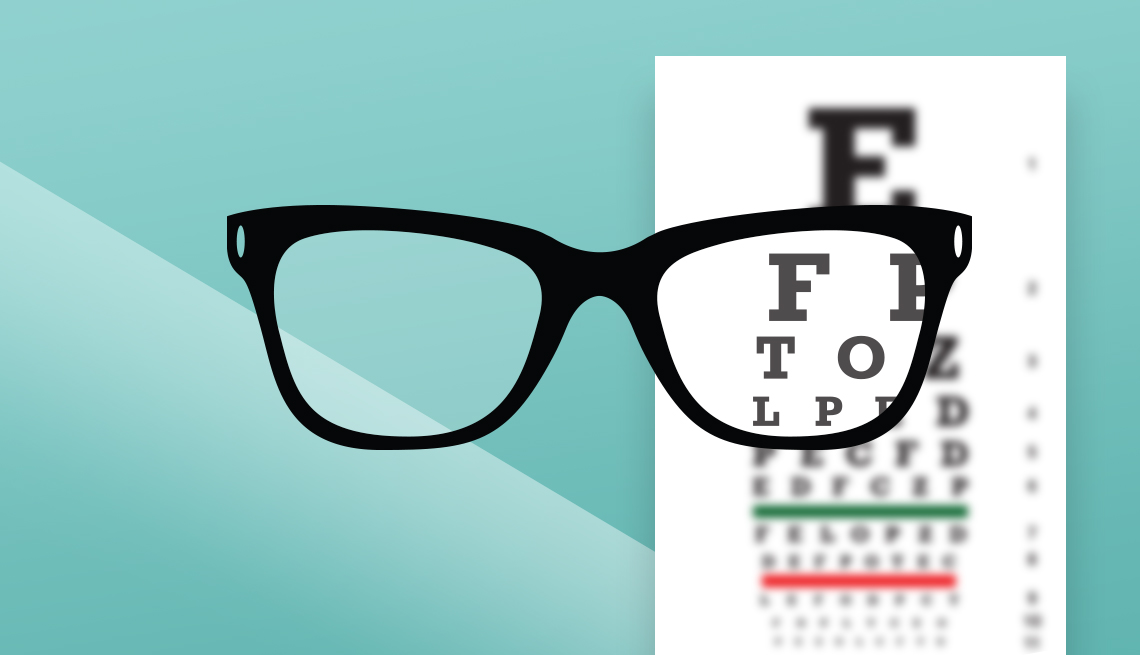Is Refractive Surgery Right for You? Variables to Consider for Better Eyecare
In the realm of eye care, the choice to undergo refractive surgical treatment is a weighty one that requires thoughtful consideration. From the ins and outs of one's eye wellness to the ins and outs of individual expectations and everyday routines, each element holds value in the broader landscape of refractive surgery candidacy.
Eye Wellness Analysis
When considering refractive surgical procedure, an extensive eye health evaluation is vital to assess the suitability of the procedure for every person. cardiologist andalusia. This analysis entails a collection of tests and exams conducted by an eye treatment professional to identify the general wellness of the eyes, the presence of any hidden conditions, and the security of the refractive error
Throughout the evaluation, various factors are taken into consideration, such as the person's medical background, present eye prescription, corneal density, pupil dimension, and tear film top quality. These assessments aid to determine any contraindications to refractive surgical procedure, such as corneal irregularities, cataracts, or untreated eye infections. Furthermore, the evaluation assists to manage individual expectations relating to the possible results of the surgical procedure based on their special eye characteristics.
Inevitably, the eye wellness evaluation is vital in making sure the safety and security and efficiency of refractive surgical procedure, as it gives valuable insights into the individual's eye wellness status and helps identify the most appropriate treatment choices for accomplishing optimal visual results. (eye center andalusia)
Way Of Living Analysis
A thorough way of living assessment is indispensable in identifying the viability of refractive surgery for a person's visual correction requirements. Lifestyle aspects such as line of work, hobbies, and day-to-day activities play an important role in the decision-making procedure regarding refractive surgical treatment.
Moreover, way of life routines such as sporting activities involvement, outside activities, or even skin care regimens can influence the healing process and overall success of refractive surgery. By performing a thorough way of living evaluation, eye care specialists can customize their referrals and treatment plans to fulfill the special requirements of each client, inevitably leading to boosted aesthetic end results and contentment.
Expectation Placement

Establishing sensible expectations involves thorough pre-operative conversations between the client and the ophthalmologist. The doctor must transparently communicate the possible dangers, benefits, and constraints of the treatment (eye center andalusia). Clients require to understand that moved here while many people achieve 20/20 vision or far better complying with refractive surgery, some might still require glasses for particular activities like analysis or driving at night. Taking care of these expectations aids prevent dissatisfaction and dissatisfaction post-surgery, bring about a more favorable overall experience for the individual.
Danger Evaluation

Elements that might increase the danger of difficulties include age, specific clinical conditions like autoimmune illness, unstable vision prescription, thin corneas, and impractical patient expectations. In addition, choosing a proficient and skilled doctor, following pre and post-operative care directions diligently, and revealing any type of pertinent click case history can aid mitigate risks.
To lessen the chance of complications, ophthalmologists carry out detailed pre-operative evaluations to recognize any contraindications to surgery. They also talk about the prospective dangers and advantages with people throughout the assessment procedure. By taking part in open interaction and shared decision-making, both the eye doctor and the person can collaborate to establish if refractive surgical procedure is the best selection based on individual risk profiles and desired end results.
Consultation Importance
Considering the crucial role of informed decision-making in assessing threats and possible issues in refractive surgical treatment, the assessment procedure holds considerable significance in directing patients in the direction of optimum results. During the consultation, the eye doctor reviews the person's eye health, refractive errors, and overall viability for surgical treatment. This initial assessment is critical in figuring out the most suitable treatment for every individual, taking into consideration elements such as corneal thickness, student size, and existing eye conditions.
In addition, the examination works as a possibility for clients to review their expectations, concerns, and any type of questions they may have concerning the surgical procedure. Clear communication between the person and the doctor is necessary to guarantee realistic expectations and a comprehensive understanding of the possible risks and advantages entailed.
Furthermore, the appointment enables the surgeon to describe the various surgical choices readily available, their respective results, and the post-operative treatment required. This detailed discussion equips individuals to make well-informed decisions regarding their eye treatment, leading to better contentment and outcomes post-surgery.
Final Thought
In verdict, look at these guys individuals considering refractive surgical treatment needs to undertake a comprehensive eye health and wellness examination, evaluate their lifestyle practices, align their expectations with prospective end results, evaluate the affiliated risks, and prioritize examinations with eye treatment specialists. These variables play an essential function in identifying the suitability of refractive surgical treatment for each individual, guaranteeing optimal results and contentment with the treatment.
People taking into consideration refractive surgical procedure frequently have high expectations pertaining to the results, expecting ideal vision without the need for glasses or contact lenses. While refractive surgery can substantially improve vision and lower dependence on visual aids, it is crucial for patients to recognize that results may differ based on private elements such as the level of refractive mistake, corneal thickness, and overall eye wellness.
By engaging in open communication and shared decision-making, both the person and the eye doctor can function with each other to identify if refractive surgery is the ideal option based on individual danger profiles and preferred outcomes.
Thinking about the essential role of informed decision-making in examining dangers and prospective issues in refractive surgical treatment, the consultation procedure holds significant value in directing people towards optimum outcomes. During the examination, the ophthalmologist examines the client's eye health and wellness, refractive mistakes, and general suitability for surgical procedure.